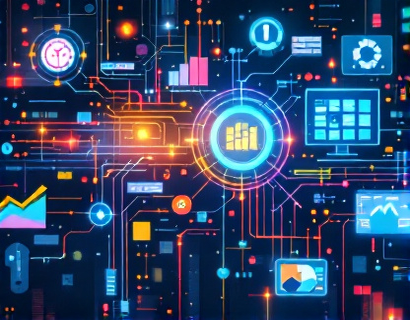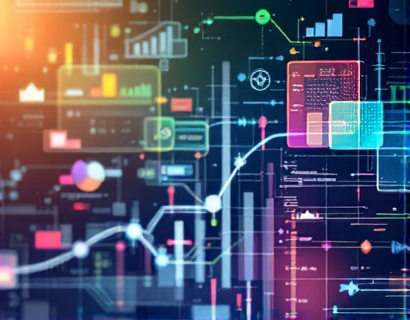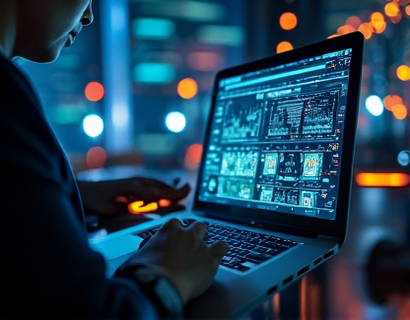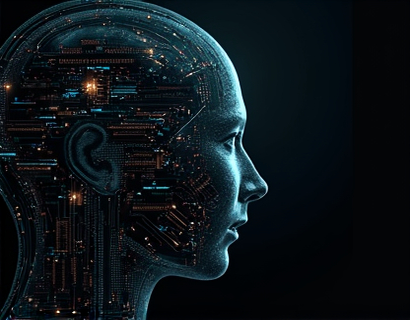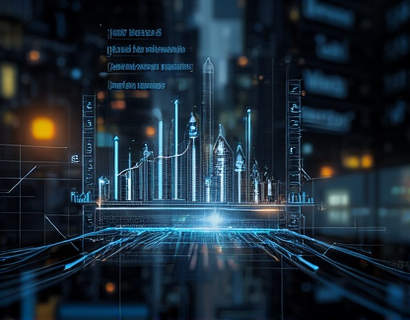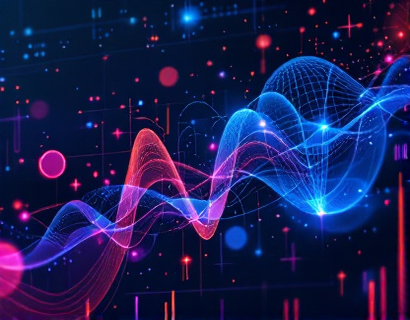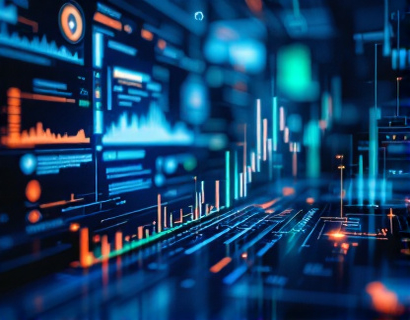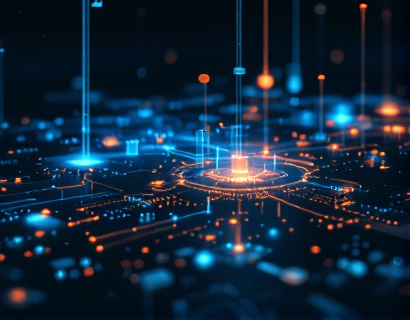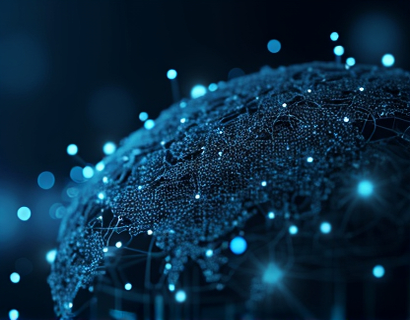AI and Crypto: Transforming Digital Engagement in the Modern Ecosystem
The intersection of artificial intelligence (AI) and cryptocurrency is reshaping the digital landscape, offering unprecedented opportunities for user engagement and innovation. This transformation is not merely a technological advancement but a paradigm shift in how we interact with digital platforms and services. As tech enthusiasts and investors, understanding this synergy is crucial for navigating the future of the digital ecosystem.
The integration of AI and cryptocurrency is multifaceted, impacting various aspects of digital engagement. From enhancing security and personalization to enabling new forms of decentralized applications, the potential is vast. This article delves into the key areas where AI and crypto converge, exploring the benefits, challenges, and future prospects of this dynamic partnership.
Enhancing Security Through AI and Crypto
One of the most significant advantages of combining AI with cryptocurrency is the enhancement of security measures. Traditional cybersecurity methods often struggle to keep pace with evolving threats, but AI brings a new level of sophistication and adaptability. Machine learning algorithms can analyze vast amounts of data in real-time, identifying patterns and anomalies that indicate potential security breaches.
In the context of cryptocurrency, AI-driven security solutions can protect against fraud, hacking, and other cyber threats. For instance, AI can monitor blockchain transactions for suspicious activities, such as unusual transaction volumes or patterns that deviate from the norm. By learning from past incidents, these systems become increasingly effective at predicting and preventing future attacks.
Moreover, AI can improve the security of private keys and wallet management. Biometric authentication, powered by AI, offers a more secure and convenient way to access crypto assets. Face recognition, fingerprint scanning, and voice recognition are just a few examples of biometric technologies that can be integrated with cryptocurrency wallets to ensure that only authorized users can access sensitive information.
Personalization and User Experience
AI's ability to analyze and interpret user behavior data makes it an invaluable tool for personalizing digital experiences. In the realm of cryptocurrency, this means tailored recommendations, customized interfaces, and streamlined interactions. Users can benefit from a more intuitive and user-friendly experience, which is essential for broadening the adoption of crypto technologies.
For example, AI can analyze a user's trading history and preferences to suggest optimal trading strategies or alert them to potential investment opportunities. Personalized news feeds and market insights can keep users informed about the latest trends and developments in the crypto space, empowering them to make informed decisions.
Additionally, AI-driven chatbots and virtual assistants can provide 24/7 support, answering queries and guiding users through complex processes. This level of personalization not only enhances user satisfaction but also fosters a stronger connection between users and crypto platforms.
Decentralized Applications and AI
Decentralized applications (dApps) are at the forefront of the crypto revolution, offering a new paradigm for software development and deployment. AI plays a crucial role in enhancing the functionality and efficiency of dApps. By integrating AI algorithms, dApps can perform complex tasks such as predictive analytics, natural language processing, and automated decision-making.
One notable application is in the field of decentralized finance (DeFi). AI can optimize lending and borrowing processes, manage risk, and improve portfolio management. Smart contracts, the backbone of DeFi, can be enhanced with AI to execute more sophisticated and adaptive contractual agreements. This not only increases efficiency but also reduces the need for intermediaries, lowering transaction costs and increasing transparency.
Another area where AI and dApps intersect is in the development of decentralized autonomous organizations (DAOs). AI can assist in governance processes, such as voting and decision-making, by analyzing data and providing insights that help members make more informed choices. This democratization of decision-making is a significant step towards more equitable and participatory digital ecosystems.
Market Analysis and Predictive Trading
AI's impact on market analysis and predictive trading is perhaps one of the most exciting aspects of the AI-crypto synergy. Traditional market analysis relies heavily on historical data and human intuition, but AI can process and analyze vast datasets in real-time, uncovering insights that are beyond human capability.
Machine learning models can identify trends, correlations, and patterns in market data, enabling more accurate predictions and better-informed trading decisions. This is particularly valuable in the volatile crypto market, where timing and precision are crucial. AI-driven trading bots can execute trades based on predefined algorithms, reducing emotional bias and increasing the potential for profit.
Moreover, AI can help in risk management by continuously monitoring market conditions and adjusting strategies accordingly. By simulating various scenarios and outcomes, AI can provide traders with a comprehensive view of potential risks and rewards, allowing for more strategic and calculated moves.
Challenges and Considerations
While the integration of AI and crypto offers numerous benefits, it also presents several challenges that must be addressed. One of the primary concerns is the regulatory landscape. As AI and crypto technologies evolve, regulatory bodies are struggling to keep up, leading to a patchwork of laws and guidelines that can create uncertainty for developers and users alike.
Another challenge is the issue of data privacy. AI relies on vast amounts of data to function effectively, but this raises concerns about user privacy and data security. Ensuring that user data is handled ethically and in compliance with regulations is paramount. Transparent data practices and robust privacy measures are essential to build trust and maintain user confidence.
Additionally, the computational resources required for AI algorithms can be substantial, leading to environmental concerns. The energy consumption associated with training and running AI models is a significant factor to consider, especially in an industry that is increasingly focused on sustainability. Developing more efficient algorithms and leveraging renewable energy sources can help mitigate these impacts.
Future Prospects
Looking ahead, the convergence of AI and crypto is poised to drive further innovation and transformation in the digital ecosystem. As technology advances, we can expect to see more sophisticated AI applications that enhance every aspect of crypto interactions, from wallet security to market analysis.
One exciting area is the development of AI-powered virtual assistants that can navigate the complexities of the crypto market, providing users with personalized advice and support. These assistants could integrate with various crypto platforms, offering a seamless and integrated experience.
Furthermore, the rise of Web3 and the decentralized web presents new opportunities for AI and crypto to collaborate. AI can play a pivotal role in creating more interactive and engaging web3 experiences, from augmented reality (AR) and virtual reality (VR) applications to decentralized social media platforms.
In conclusion, the fusion of AI and crypto is revolutionizing digital engagement, offering enhanced security, personalized experiences, and innovative applications. While challenges remain, the potential benefits are immense, paving the way for a more secure, efficient, and user-centric digital future.






